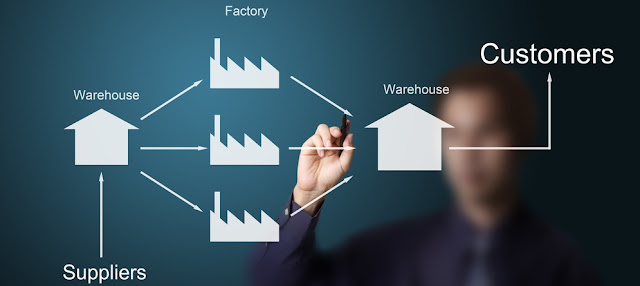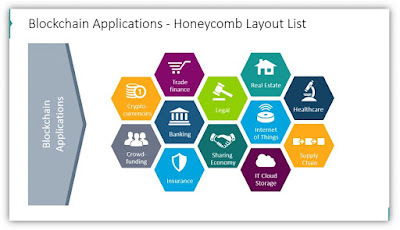Blockchain is a distributed digital ledger that enables safe, open, and unchangeable data recording.
It was founded in 2008 by Satoshi Nakamoto, a mysterious individual or group of individuals also responsible for the first cryptocurrency, Bitcoin.
Although cryptocurrency is the most well-known use of blockchain technology, it may also be used for a variety of other things, such as voting systems, supply chain management, and digital identity verification.
Blockchain relies on an interconnected, decentralised network of computers to validate and store transactions. This makes the network more secure and difficult to hack because no single party has control over it.
Instead of being validated by a bank or government, transactions on a blockchain are checked by a network of computers called nodes.
Because it does not depend on confidence between parties in a transaction, blockchain technology is frequently referred to as "trustless." Instead, it makes use of mathematical formulas to guarantee the security and validity of transactions.
Blockchain can be private or public. Whereas private blockchains are only accessible to a small number of users, public blockchains are accessible to everyone.
Another widely used blockchain use is smart contracts. The conditions of the agreement between the buyer and seller are directly encoded into lines of code, making them self-executing contracts.
Use of Blockchain:
Cryptocurrency is the most well-known and often utilised blockchain technology application. The blockchain network used by Bitcoin, the first cryptocurrency, enables secure, open transactions without the need for a centralised organisation like a bank.
However, blockchain technology offers a wide range of additional possible uses besides cryptocurrencies, such as:
- Supply chain management: Blockchain can be used to monitor the flow of products and goods along the supply chain, ensuring accountability and transparency.
- Blockchain technology can be used to build a secure, decentralised system for authenticating digital identities, making it more difficult for fraud and identity theft to happen.
- Voting procedures: By using blockchain, voting procedures may be made transparent and secure, which lowers the risk of election fraud.
- Smart contracts: Using blockchain technology, self-executing contracts can be created that automatically uphold the terms of a contract between two parties.
- Healthcare: By securely storing and sharing patient medical records, blockchain technology enables more effective and precise healthcare services.
- Real estate: By eliminating the need for middlemen like attorneys and real estate agents, blockchain can be utilised to provide a more effective and secure system for purchasing and selling real estate.
- Energy trading: By utilising blockchain technology, a decentralised system for trading energy can be established, enabling a more effective and economical allocation of energy resources.

